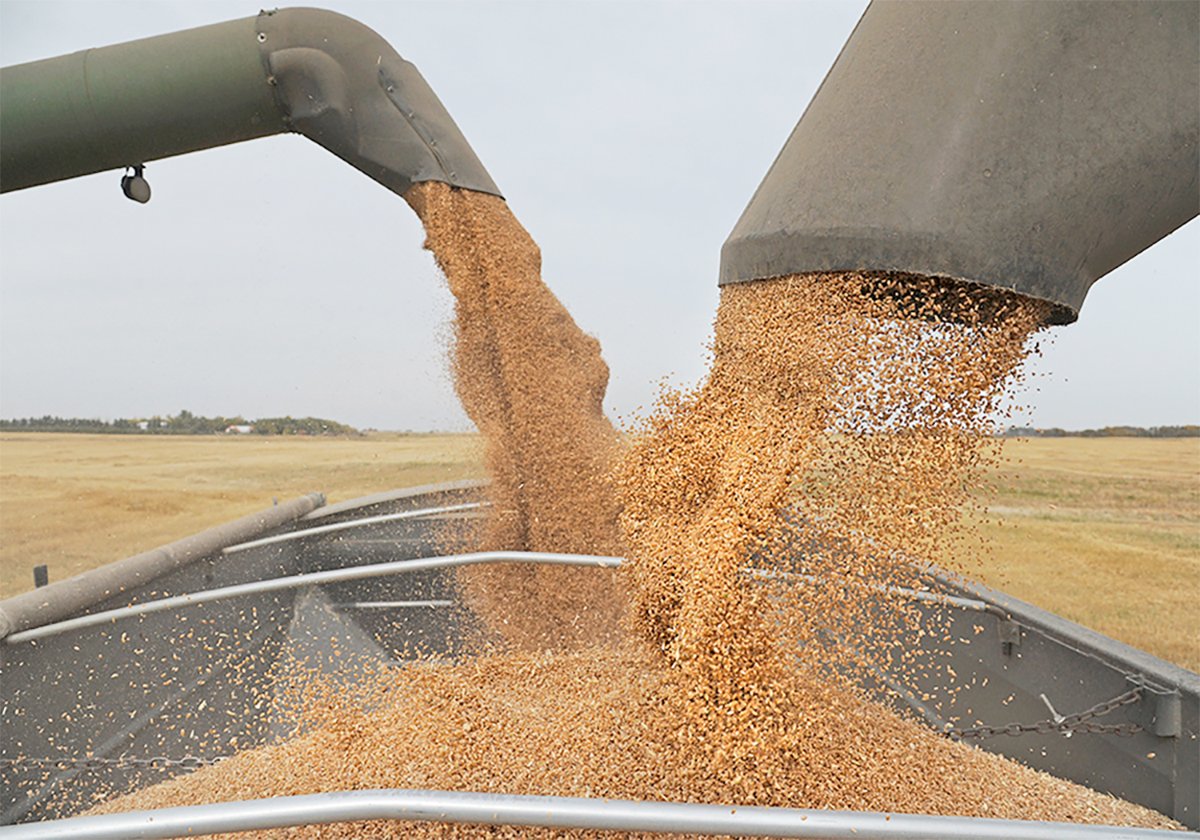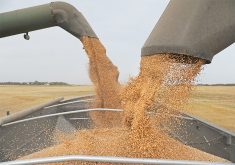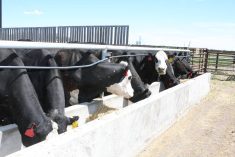Have you ever stopped to think about what made you decide to be a farmer or rancher?
If you have, you may have thought it was your dad who was your role model and motivating factor for the decision. That’s what I would have thought, but apparently it isn’t so.
Angela Wiley, assistant professor of human development and family studies at the University of Illinois, interviewed 40 farm children aged 10 to 13, and their parents. What she found was interesting.
We often think that kids make decisions about careers, including farming and ranching, during their high school years, which is why most vocational courses and programs are aimed at high school audiences.
Read Also

Agriculture productivity can be increased with little or no cost
There’s a way to enhance agricultural productivity with little or no cost. It doesn’t even require a bunch of legislative changes.
But Wiley, who is trained in child development, figured farm kids would make decisions earlier about whether to follow in their parents’ footsteps.
“Research implies that an important decision such as this would be rooted in the early activities, education and relationships of farm children”, she said.
Wiley found that kids who did more work at home were more likely to plan to farm, that mothers had more influence than fathers on farm children’s future plans and that kids pick up on their parents’ worry about the family farm’s future.
Wiley was surprised by the amount of work farm kids do. Those she interviewed did two hours a day during the busy seasons as well as a surprising amount around the house year round.
Almost all the children said they had good relationships with their parents, which Wiley attributes to the amount of time they spend together on the farm.
I know during my own childhood, I loved working with my dad on the farm or even being around him when he worked. I especially liked staying home from school to help with harvest or to skid logs with a workhorse for our little sawmill. Not to mention that having chores and other farm work built in good work habits that have lasted me all my life.
And I know it isn’t just me. When I was running oil patch maintenance crews long ago, I hired every farm kid I could because I knew they would be reliable and would be able to work on their own, which was not something I could say for the city kids I hired.
Wiley said there is a growing body of work showing children benefit from doing work that matters. That will not be news to readers of this publication. We all know how good it feels to do work that contributes to the welfare of the family, especially when we are kids. It gives a tremendous boost to our self-esteem, no matter how much we might complain at the time about having to do the work.
I work with a lot of professional people who feel their work doesn’t matter and who long to do something that has a positive impact on the world.
The parents in Wiley’s study were careful to hide their anxieties about the farm’s financial stresses from the kids, but the kids picked up on it anyway. In fact, that was a factor
that led some to want to carry on farming.
“They seem to have taken on a sense of responsibility from an early age that ‘this is a family endeavour and I need to do my part’, ” Wiley said. “Their plans to farm later may be an attempt to ease their parents’ worries and to ensure the continuance of the family enterprise.”
Perhaps what surprised me most was the strong influence the kids’ mothers had on their decisions to be farmers. Wiley postulates that because the children are around their mothers more, they may have a greater influence than the fathers.
If the mother has a positive attitude toward farming, the kids are more likely to take it up as a career. Neither the father’s wishes nor the child’s gender had much influence.
So the next time someone asks what made you decide to start farming, just tell them, “my mother made me do it.”
Edmonton-based Noel McNaughton speaks at conventions and for corporations on Farming/Ranching at Midlife – Strategies for a Successful Second Age. He can be reached at 780-432-5492, e-mail noel@midlife-men.com or visit www.midlife-men.com.














